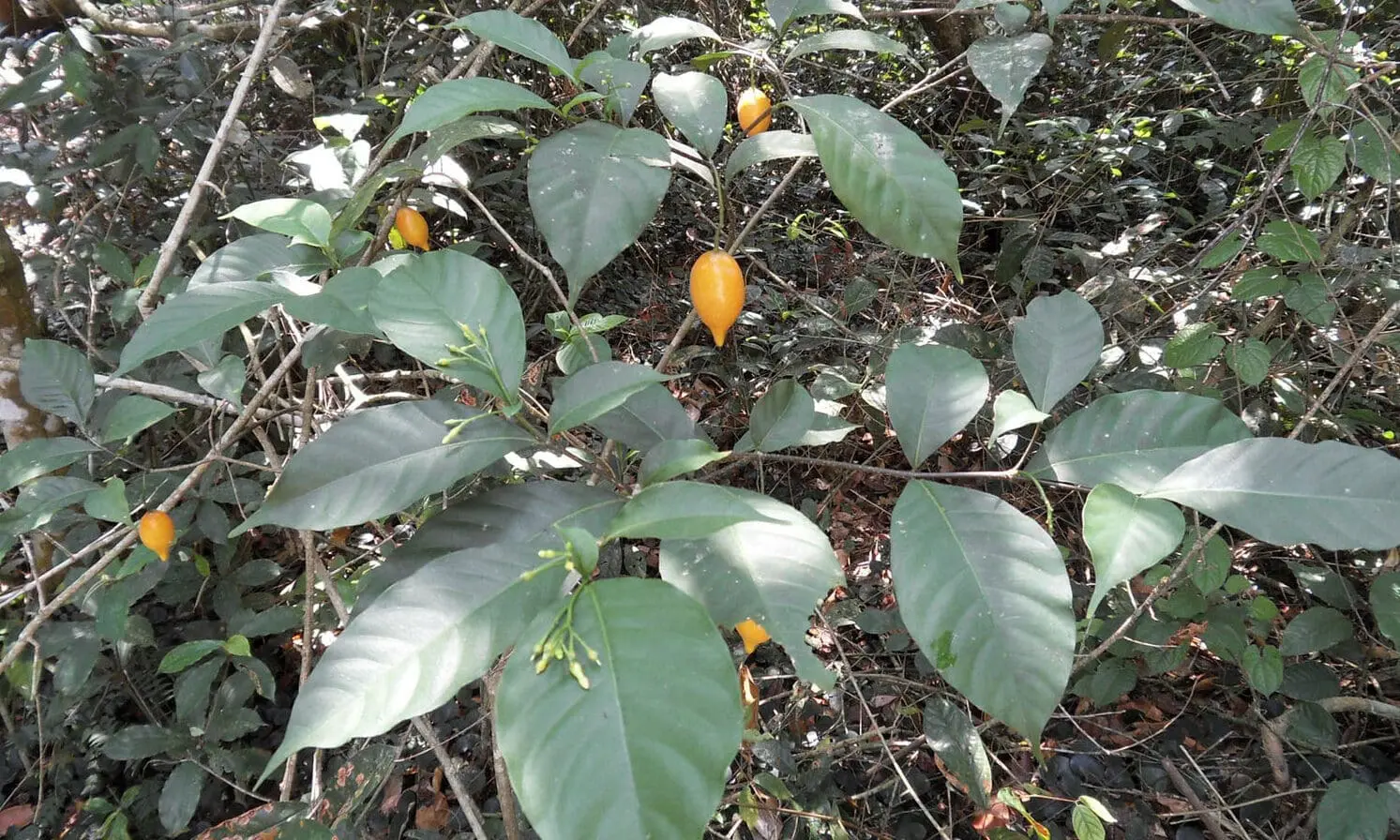Politics
Colorado Psychedelics Board Votes To Recommend Adding Ibogaine To Regulated Healing Centers

A Colorado government advisory board is recommending that the state expand its novel regulated psychedelics market by providing access to ibogaine in addition to psilocybin and psilocin, which are currently allowed.
At a meeting of the Natural Medicine Program Advisory Board on Thursday, members discussed the future of Colorado’s psychedelics program, which launched after voters approved a legalization initiative at the ballot. In a 5-2 vote, with two abstentions, the panel agreed to recommend therapeutic access to ibogaine.
The program already permits the clinical use of the components of so-called “magic mushrooms,” and Colorado state law also allows adults to possess and cultivate for personal use a wider range of psychedelics. But now the board is moving to add ibogaine as a substance that could be administered to adults at licensed healing centers.
“There is a lot of work to be done by the board and both agencies [that administer the program] if the plan is to implement ibogaine as one of the approved natural medicines in the regulated market,” Colorado Assistant Attorney General Ashley Moller said at the meeting.
She also stressed that, if the board is moving forward with the ibogaine recommendation to the Department of Regulatory Agencies (DORA), “statute will require this board to consider whether any of the existing rules should be different for ibogaine administrations, training and the like” as compared to regulations governing psilocybin.
At the meeting, there was also discussion about the importance of ensuring that any supply of ibogaine that’s offered through the regulated access program is sourced from sustainable cultivators in a way that doesn’t exploit communities, particularly tribal entities, that have historically used the psychedelic for cultural and spiritual purposes.
To that end, the recommendation from the advisory board stipulates that, if ultimately approved, the addition of ibogaine to the list of permitted psychedelics under state law must comply with what’s called the Nagoya Protocol, an international treaty meant to provide for sustainability and cultural protection.
While the U.S. is not a party to that treaty, the board at an earlier meeting last month also urged Colorado officials to “write a letter of intent to start and follow Nagoya Protocol,” advising that they should “request a waiver to the Controlled Substance Act from the Federal Government to import Iboga or Ibogaine extract/powder from existing Gabon infrastructure that is Nagoya protocol compliant.”
“The concern is to not take sellable resources away from a resource-rich group or nation,” Clarissa Pinkola Estés Reyes, one of the board members, said.
Last month, meanwhile, the governor of Colorado invited people to attend a “listening session” about the state’s legal psychedelics program.
The development came about two months after the first psilocybin and psilocin sessions took place in state-licensed “healing centers” under Colorado’s voter-approved psychedelics legalization law.
In June, Polis announced first-ever round of mass pardons for people with psilocybin-related convictions shortly after signing a bill into law empowering him and future governors to issue clemency for psychedelics offenses—which he described as a step “towards a fairer future.”
“Colorado has been a national leader in breaking through outdated laws around cannabis, and now we are doing the same for natural medicine,” Polis said in a press release at the time. “This action eliminates past state-level convictions for psilocybin and psilocin possession that would be legal today. With these pardons, we are fulfilling the will of Colorado voters and moving away from ineffective drug policy and encouraging local municipalities to follow suit.”
—
Marijuana Moment is tracking hundreds of cannabis, psychedelics and drug policy bills in state legislatures and Congress this year. Patreon supporters pledging at least $25/month get access to our interactive maps, charts and hearing calendar so they don’t miss any developments.
![]()
Learn more about our marijuana bill tracker and become a supporter on Patreon to get access.
—
In May, Polis touted the fact that Colorado’s legal psychedelics program is “fully launched” now that regulators have issued licenses for each part of the psilocybin supply chain.
The governor’s psilocybin clemency move came several years after Polis issued mass pardons for people with prior marijuana convictions.
Earlier this session, the governor signed into law a bill that would allow a form of psilocybin to be prescribed as a medication if the federal government authorizes its use.
While Colorado already legalized psilocybin and several other psychedelics for adults 21 and older through the voter-approved ballot initiative, the newly enacted reform will make it so drugs containing an isolated crystalized version synthesized from psilocybin can become available under physician prescription.
Polis signed a bill to create the regulatory framework for legal psychedelics in 2023.
Separately in Colorado, a bill that would have limited THC in marijuana and outlawed a variety of psilocybin products died following the lead sponsor’s move to withdraw the legislation.
Photo courtesy of Flickr/Scamperdale.



